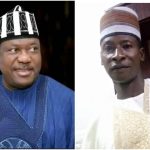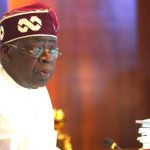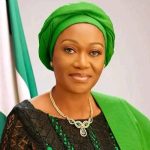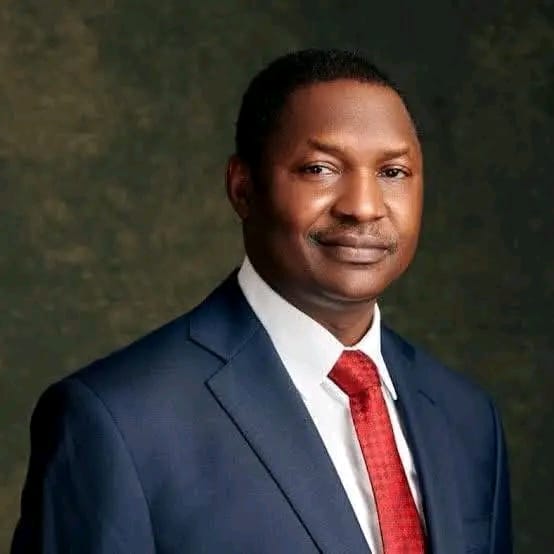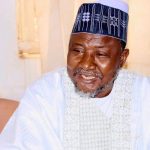Malami Confirms EFCC Invitation, Pledges Cooperation
By Bala Salihu Dawakin Kudu
Democracy Newsline Newspaper — November 28, 2025
Abubakar Malami, former Attorney-General of the Federation and Minister of Justice, has confirmed receiving an invitation from the Economic and Financial Crimes Commission (EFCC), pledging full cooperation with investigators in what may become one of the most closely watched legal engagements involving a former top government official.
In a calm, composed statement shared on his official Facebook page Friday morning, Malami emphasized that transparency and accountability remain values he intends to uphold even after leaving office.
“This is to confirm that I have been invited by the EFCC. As a law-abiding and patriotic citizen, I hereby reaffirm my commitment to honour the invitation,” he wrote, adding that he considered it his duty to keep the public informed.
“I understand the spirit of accountability and transparency in public service — principles that I both advocate and champion.”
According to close associates, Malami’s decision to publicly disclose the invitation was no accident. Those familiar with his political style said it was designed to demonstrate readiness to engage publicly with his current legal situation—an approach he often adopted during his years in office.
His aides suggested that the announcement was also aimed at preempting speculation, ensuring that the narrative remained rooted in his own words rather than rumours.
Malami served as Nigeria’s Attorney-General and Minister of Justice from 2015 to 2023 under President Muhammadu Buhari, a period marked by sweeping legal reforms and fierce political controversies.
During his tenure, Malami presided over several high-profile cases, including:
international arbitration disputes that shaped Nigeria’s global financial relations,
asset recovery missions that involved collaboration with multiple foreign governments,
anti-corruption campaigns that tested the limits of institutional independence, and
structural reforms within the justice sector, some of which remain points of national debate.
Supporters often praised him for courageously taking on entrenched corruption networks. Critics, however, questioned the transparency of certain decisions and raised concerns about the handling of recovered assets—allegations Malami consistently dismissed as politically motivated.
In a separate development gathered by Democracy Newsline, Malami has informed key stakeholders in Kebbi State of his intention to contest for governor in the upcoming gubernatorial election. His supporters describe him as a “strategic candidate” with both national exposure and local political structures.
The EFCC invitation, however, introduces an unexpected twist into what had been shaping up to be a carefully calculated political re-emergence. While sources inside Malami’s camp insist the inquiry is routine, political analysts believe the situation may influence his campaign narrative—either as a test of integrity or a challenge to overcome.
As of the time of filing this report, the EFCC has not disclosed the nature, scope, or subject of the invitation. The lack of detail has fuelled speculation in some quarters, prompting calls from civil society groups for transparency from both the commission and the former attorney-general.
Malami, in his statement, promised to keep Nigerians informed as events unfold. His measured tone suggests a desire not only to cooperate but to shape the process with openness—a strategy that could play significantly into his emerging political ambitions.
For now, Nigerians watch and wait as another chapter unfolds in the long-running story of the country’s anti-corruption journey and the individuals who have played central roles in shaping it.


